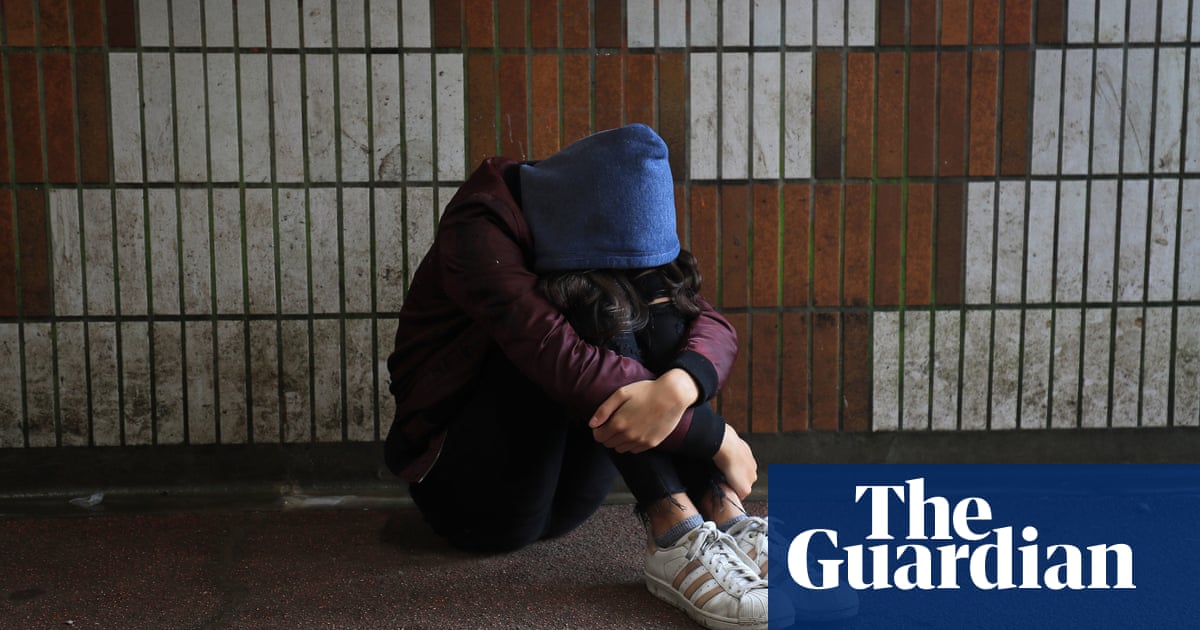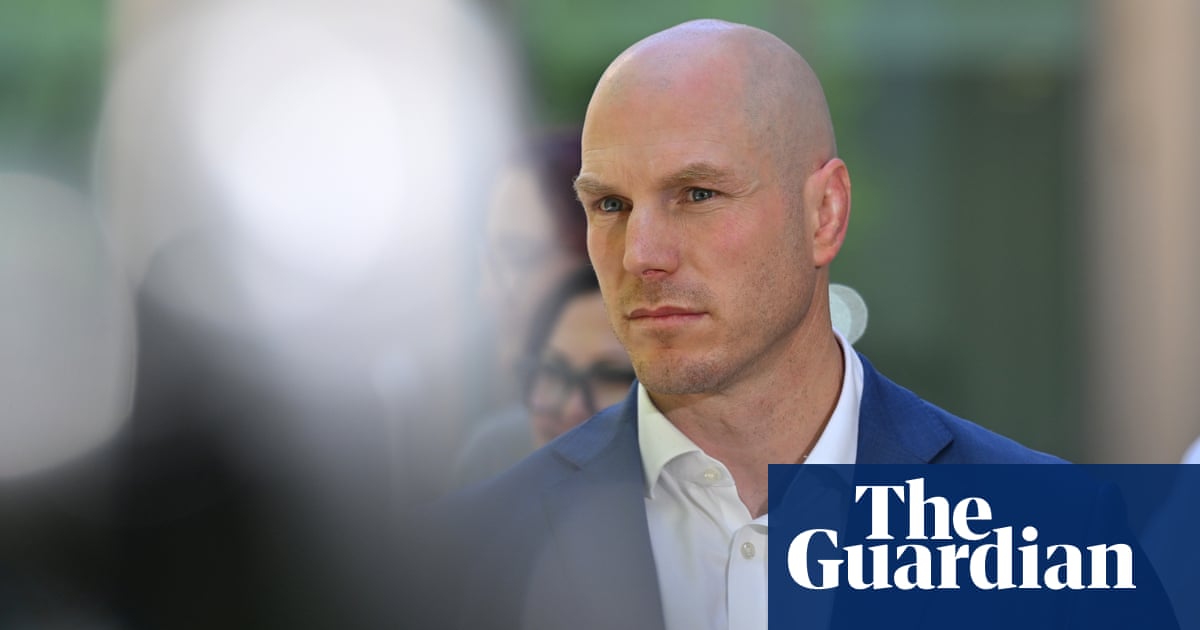More than £1tn will be lost in lifetime earnings in the UK as a direct result of the mental health crisis in young people, research estimates.
Published to launch the new Future Minds mental health campaign, the study forecasts the financial burden of failing to tackle the mental health crisis.
The four charities behind the campaign – the Centre for Mental Health, the Centre for Young Lives, the Children and Young People’s Mental Health Coalition and YoungMinds – said the government needed “to acknowledge the scale of the crisis in children’s mental health and ignore ‘wishful thinking’ that it is exaggerated or a result of ‘over-medicalisation’”.
More than 500 children a day in England are referred to mental health services for anxiety, while the number of children referred to emergency mental healthcare in England has risen by 10% in a year. In all, one in five children and young people experience a common mental health problem such as anxiety or depression.
This has an impact on school attendance, job prospects and earnings potential: young people who had childhood mental health problems earn less than their peers, while the proportion of 16- to 34-year-olds out of work due to mental ill health almost doubled between 2012 and 2023.
Spending on working-age incapacity and disability benefits is forecast to rise by £21bn a year in real terms by 2028-29, with mental ill health driving claims among young adults.
Using the same methodology as an in-depth study in 2015, but adjusting for population growth and prevalence of mental health, the new report calculates that childhood mental health problems are costing the economy £1.16tn in lifetime lost earnings.
Persistent absence from school cost £1.17bn in the 2023-24 school year alone, while delays in accessing treatment and support have a large financial impact, the analysis also shows. The deterioration in young people’s mental health while waiting for an appointment with child and adolescent mental health services costs other parts of the NHS and other public services just under £295m a year.
“A lack of capacity in the system means too many young people reach crisis point, putting pressure on emergency, urgent and crisis services, straining bed capacity and creating enormous waiting times,” the authors conclude.
The report calls for an independent review of the causes of the children’s mental health crisis, alongside a comprehensive children’s mental health workforce plan, greater investment to ensure that mental health services can meet 70% of diagnosable need by the end of this parliament and greater investment in mental health support teams and other community services.
Anne Longfield, the former children’s commissioner for England and executive chair of the Centre for Young Lives, said the forthcoming 10-year NHS plan and the government’s next spending review must include “a bold and ambitious plan for reform and investment in children and young people’s mental health services and support”.
She said: “The cost of doing nothing would be a disaster for those children struggling with mental health problems, but also for our nation by seriously impeding many of the government’s crucial missions and ambitions.”
Dr Mike McKean, the vice-president of policy at the Royal College of Paediatrics and Child Health, said: “As paediatricians we are clear that there is no greater investment than our children, and this report rightly highlights the extortionate cost that this mental health crisis is placing on our current and future society.
“Time and time again we have asked for long-term thinking when it comes to health. Our leaders and decision-makers cannot rely on quick wins to rectify this situation. It’s time to create a sustainable service that focuses on prevention by delivering robust, holistic and timely care in the community and ensures the availability of specialist expert care for children and young people who need it.”
An NHS spokesperson said: “NHS mental health services are currently seeing record numbers of children coming forward for common conditions like depression and anxiety, which is why we are expanding access by rolling out mental health teams in schools, ensuring that half of England’s pupils will have access to a specialist by spring.
“There is a clear and worrying trend of increasing clinical need from children and young people, so we know we must do more, and the NHS is working closely with the government on this year’s 10-year health plan so we can provide the best quality care for all patients.”
A government spokesperson said: “Young people with mental health issues are not getting the support or care they deserve, which is why this government will fix the broken system and ensure mental health is given the same attention and focus as physical health.
“We’ve already announced £26m to open new mental health crisis centres, and as part of our Plan for Change, we will provide access to specialist mental health professionals in every school and recruit an additional 8,500 mental health workers.
“We are committed to raising the healthiest generation of children ever and recognise the importance of this to our number one mission – economic growth.”
Article by:Source: Anna Bawden










